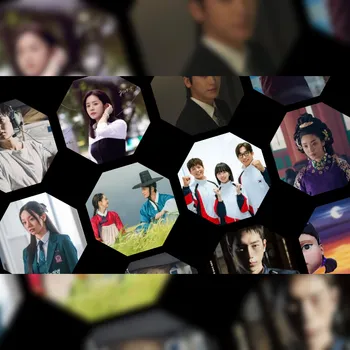
Nobel Prize's website / Designed by Kpopmap
The seeds of Korean literature are scattered among readers despite its long journey in the global literary scene. In this landscape, Han Kang Noble Prize in Literature for her novel "Human Acts" marks a momentous milestone. This recognition is timely, for Han’s work resonates deeply with the global current events. Her prose works as a double-sided mirror, helping the complex human experiences of trauma, resilience, and collective memory converse.
Due to this poignant storytelling, global appetite for Korean literature has grown rapidly. Let's take a moment to explore the key aspects of driving success of Korean books.
Korean Literature: Global Recognition
The annual number of Korean works translated and published overseas has surged from 200 to nearly 300 titles. The Literature Translation Institute (LTI) of Korea has noted a dramatic increase in translation grant applications—from just 13 in 2014 to 281 in recent years.
Moreover, this success of Korean literature has swept global markets. Jeong YouJeong's "The Good Son" was published by Penguin Random House, the largest English-language publisher. Cho NamJoo's "Kim JiYoung, Born 1982" sold 64,000 copies in its German edition. E
Enjoy full access for just $1
Join over 10,000 active members!
🌟 Special Contents for Subscribers















